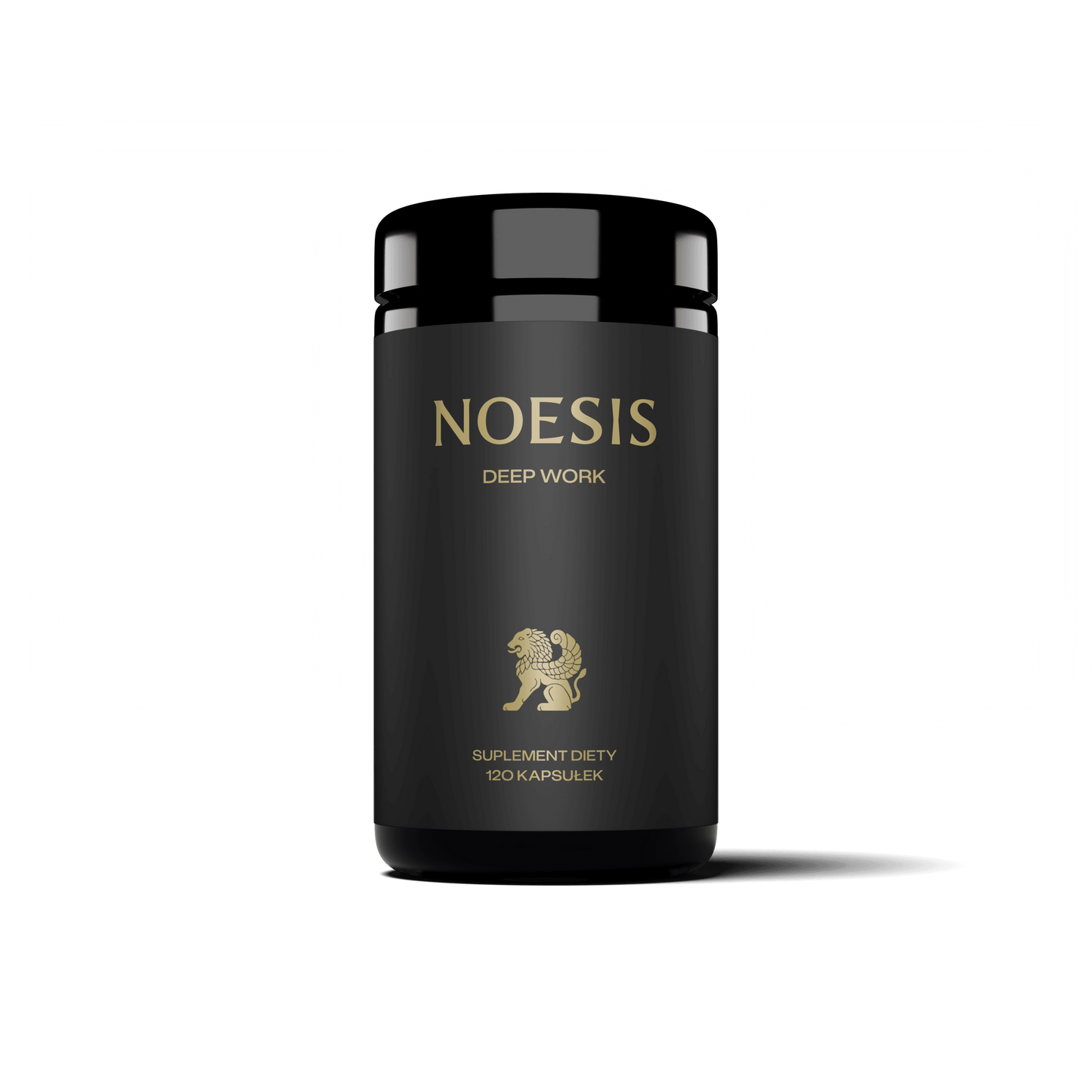
In theory, you know you have to act. In practice, energy disappears and efficiency drops faster than the battery level in an old smartphone. Daily tasks, pressure, market volatility, managing people and yourself. So how do you stay motivated, not burn out after a week and actually deliver?
Energy is the currency of the 21st century
Not time. Not money. Energy . It is what decides whether you act or postpone. Whether you make decisions with a clear head or just check off items on a list. That is why the greatest resource of modern people is not information, but the ability to act despite pressure and fatigue. Because when energy drops, there is a lack of action . And when you do not act, self-confidence drops, frustration grows and you start to question the point.

The key importance of self-management
Many people fall into the trap of endlessly searching for motivation, as if it will suddenly fall from the sky in the form of an inspiring quote, another podcast, or a book about “success.” The problem is that real motivation is not waiting for you, out there. You can scroll through hundreds of Instagram reels , watch motivational speeches, and nothing. You just sit there.
What is crucial is the ability to manage yourself and not chase the next stimulus. Your daily rhythm, the balance between action and regeneration, the way you react to difficulties - this is the true source of motivation.
If you don’t take care of the foundations, no external impulse will keep you moving for long. Motivation is a side effect of a well-functioning system: clear priorities, healthy habits, space for rest and the ability to cope with difficult moments .
It's not magic. It's a process that you can consciously organize. People who act consistently are not more motivated than you, they simply manage themselves better when motivation naturally drops. And it drops for everyone.
Intrinsic motivation gives more than just a momentary boost
True power does not lie in rewards, praise or appreciation from others. These are just extras – fuel that works quickly but burns out just as quickly. If you base your actions solely on what is external, you give up at the first crisis. Because why try if no one is watching, if there is no immediate reward waiting for you?
Intrinsic motivation is something you should focus on . It is the drive that comes from values , from a sense of purpose and understanding why you got out of bed today. When you know that your goals are aligned with what is truly important to you, you don't need a daily "kick". You act because you feel that this is your path, even if no one applauds.
External motivation can help you get started. We like rewards, quick results, positive feedback. But when the going gets tough, when fatigue sets in, routine or lack of immediate results – it is internal motivation that keeps you in the game.
It's what makes you act despite everything. Because you don't do it for the applause or the reward, but for yourself, your goals and your feeling that you're going in a direction that matters to you.

Efficiency in the real world – what really works
Efficiency doesn't mean doing everything. It means doing the right thing at the right time. People confuse productivity with busyness. Efficiency is the conscious use of resources: time, energy, team, attention.
Motivation is not an emotion – it is a process
Motivation is not something you have or don’t have. It’s a process that can be reinforced. How? Through clear goals, habits, structuring work, optimizing tasks , and regularly reminding yourself “why am I doing this in the first place.” Even if your motivation level drops on a given day, you have a system that still works.
What to do when you are in crisis?
Each of us sometimes has a weaker time . No one works 100% all week. When fatigue , lack of clarity or burnout appear, do not try - stop. Diagnose: what am I missing and what is too much? Sometimes it is about emotions, other times about sleep , and in another case about lack of purpose. The key is awareness .

Efficiency of privatized enterprises – and what the numbers teach us
In the 1990s, a number of analyses were conducted on the economic efficiency after the privatization of state-owned enterprises. Conclusions? The efficiency of these enterprises increased only where real management changes were implemented and goals were clearly defined. Ownership transformation alone was not enough. Transferring this to the level of the individual: the mere "decision to change" does not work. Real strategies, plans and actions are needed.
Energy doesn't come from thin air - it comes from habits
Your energy is not a metaphor, it is real biochemistry. Sleep, nutrition, movement, contact with people, the way you work, all of this affects your functioning. If you eat anything, sleep for 4 hours, have meetings from morning to night and skip the time for regeneration, don't be surprised that your efficiency is going down. Organizations and leaders who understand this achieve more, not through pressure, but through sensible management of resources .
What is the difference between action and thinking about action?
It's simple: action produces results , thinking about action causes frustration. The problem is that our brain likes to confuse one with the other. Planning, analyzing, factoring. It all sounds good, but it won't turn into achievements until you start taking action.
Quality, not quantity
In life and at work, quality counts, not just pace. One task done well has greater value than 5 done half-heartedly. Deep work, focus, commitment - these are the benefits . Even if sometimes it means doing less, but better.
Help is not weakness
If you don't get it, you don't have to pretend that everything is fine. Seeking help from a team, from a mentor, from tools is not a sign of weakness, but of awareness. Organizations use advisors, companies outsource processes, leaders have coaches. Because they know that you can only get to a certain point on your own. You go further with people, with a plan, with a system.
Summary: Energy + Motivation + Structure = Efficiency
Don't look for ideal conditions. Look for a structure that works even when you have no strength. Energy is a resource that runs out, but it can be increased through proper regeneration. Motivation drops, but your actions do not depend on it. The key to effectiveness in difficult moments is not a "grand entrance", but maintaining direction . Everyday, wise action. This is the key to success.







